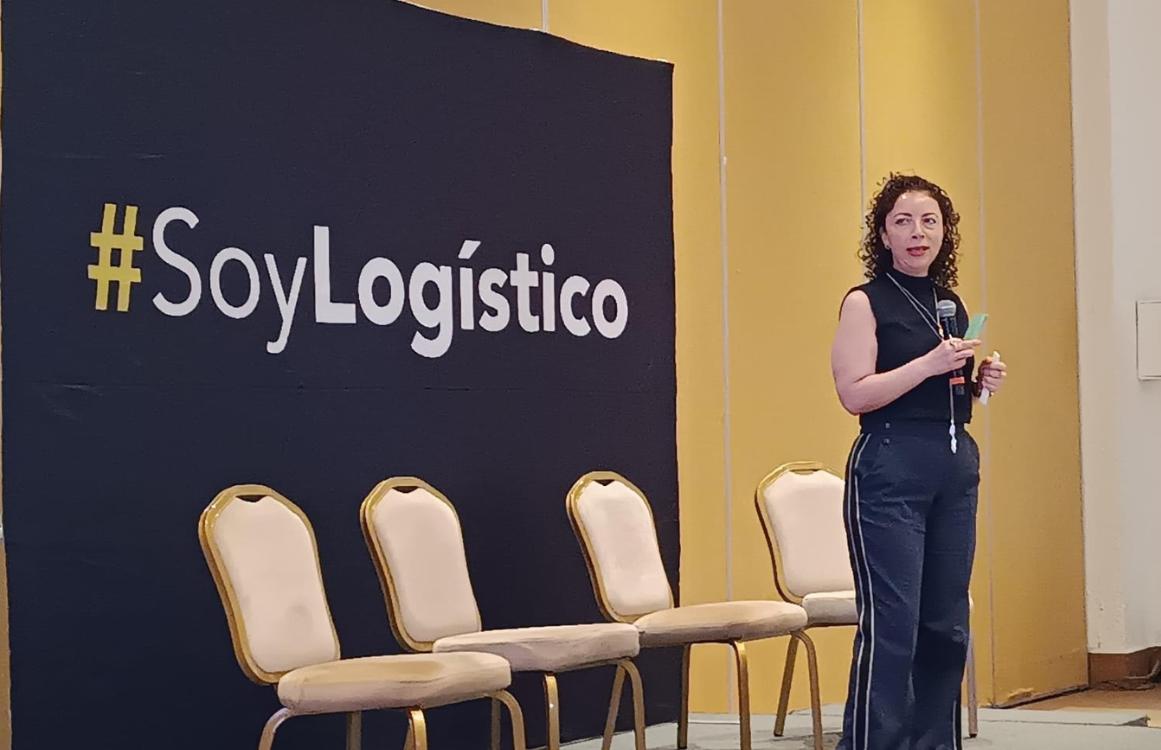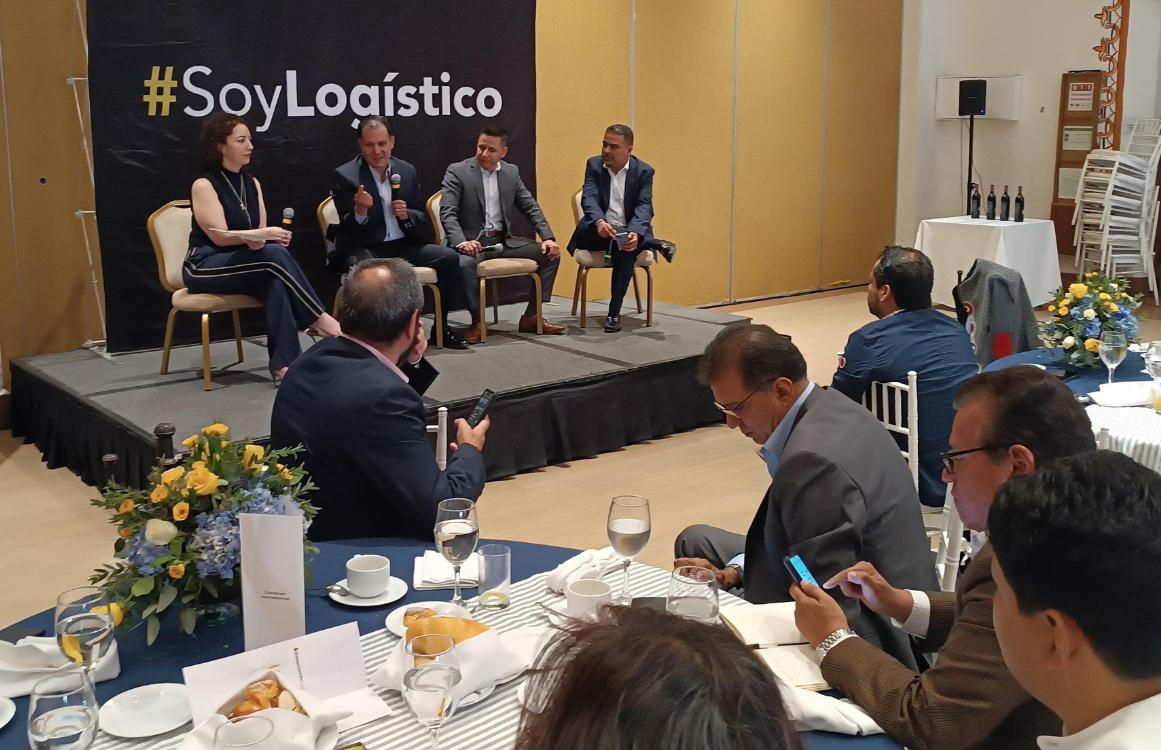
Within the framework of the interactive forum “Resilience and Innovation in the Future Intralogistics,” organized by #SoyLogístico Association, Karolina Pulido, CEO of G.I.Eicom Smart Intralogistic Solutions, emphasized the importance of technological innovation in social transformation and efficient supply chain management.
“By 2035, companies that adopt artificial intelligence will increase their productivity by 40%,” stated Pulido.
However, she pointed out that the implementation of these technologies also presents significant challenges such as cybersecurity, resistance to change, costs, and disruptions.
Pulido identified six key disruptive technologies for modern logistics:
1. Internet of Things (IoT), which involves gadgets communicating with each other, enabling quick decisions in logistics operations and applications in inventory control and preventive maintenance. Pulido described it as “gadgets talking to gadgets,” facilitating a rapid and precise response.
2. Automation, while not a new concept, advanced collaboration and interaction between robots and humans make a difference. For example, Amazon has implemented various technologies that have reduced incidents by up to 18%.
3. Artificial Intelligence (AI), where media technologies such as ChatGPT optimize specific functions, increasing accuracy and efficiency. Some companies have developed their own AI to improve management and operational efficiency.
4. Digital Twins, which are real-time digital replicas of operations or supply chains, allow for process modeling and decision-making before investing. This technology is widely used in Europe and the United States.
5. Blockchain, which provides a unique and unrepeatable traceability of the product in the supply chain through encoded information.
6. Big Data, which has the ability to manage large streams of information for warehouse automation and e-commerce, improving the use and analysis of data.

Pulido also emphasized the need for new competencies and roles in companies, such as engineers and language processing specialists. Additionally, she emphasized the importance of an organizational adaptation process that includes:
1. Diagnosis and awareness of what is needed.
2. Training and education.
3. Integration and application.
4. Evaluation and adjustment.
5. Consolidation and scaling.
Pulido pointed out that it is crucial for companies to know how to leverage disruptive technologies to create a sustainable environment and manage competitively without affecting the ecosystem.
These statements were made during the interactive forum organized by #SoyLogístico Association, which aims to share intelligent content and best practices in the sector.
Additionally, #SoyLogístico reminded attendees that the call for the twenty-fourth edition of the National Logistics Award 2024 is now open on its website, with registrations available for four categories: academic, executive, companies, and logistics service providers.
Comment and follow us on X: @karinaquintero/ @GrupoT21















